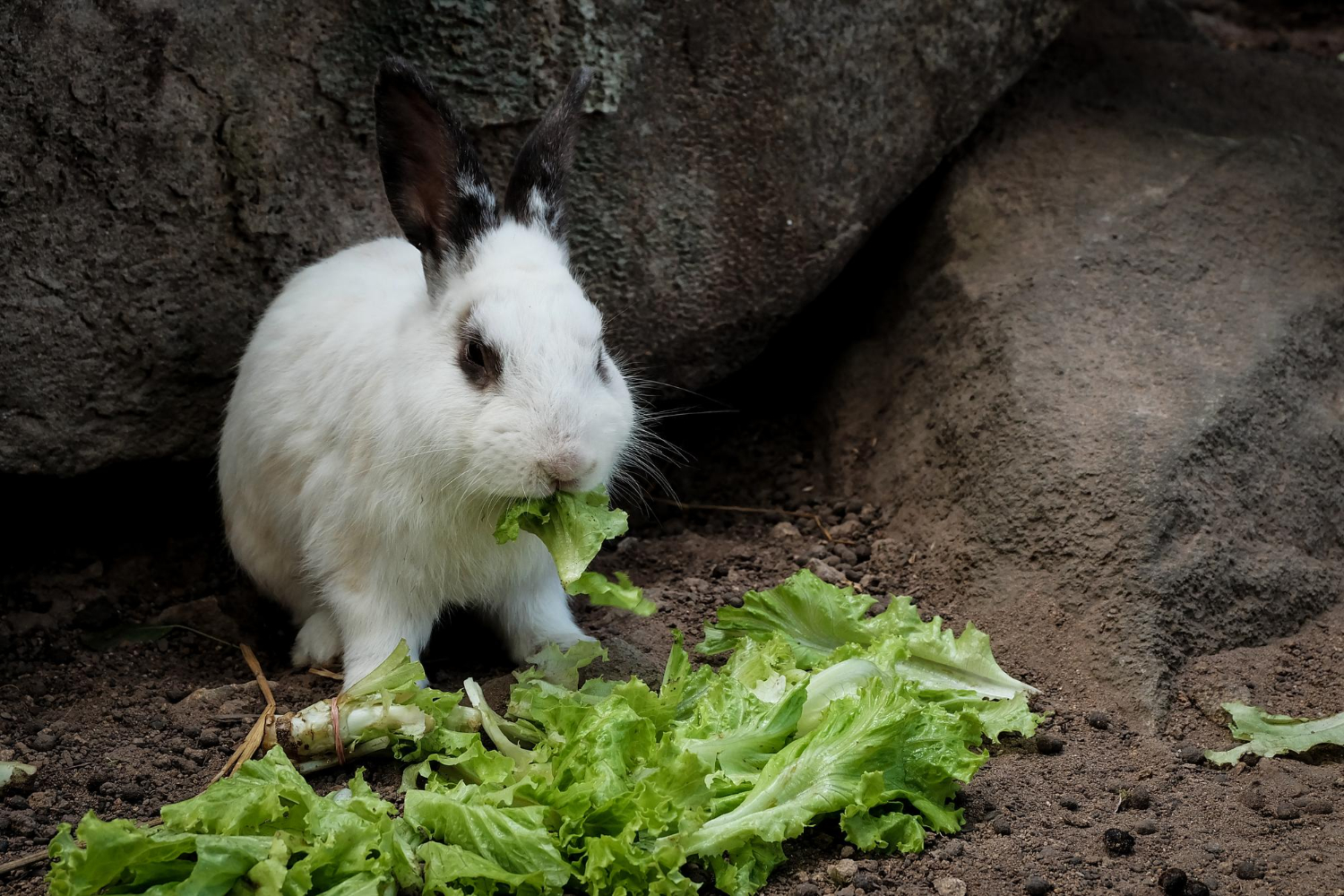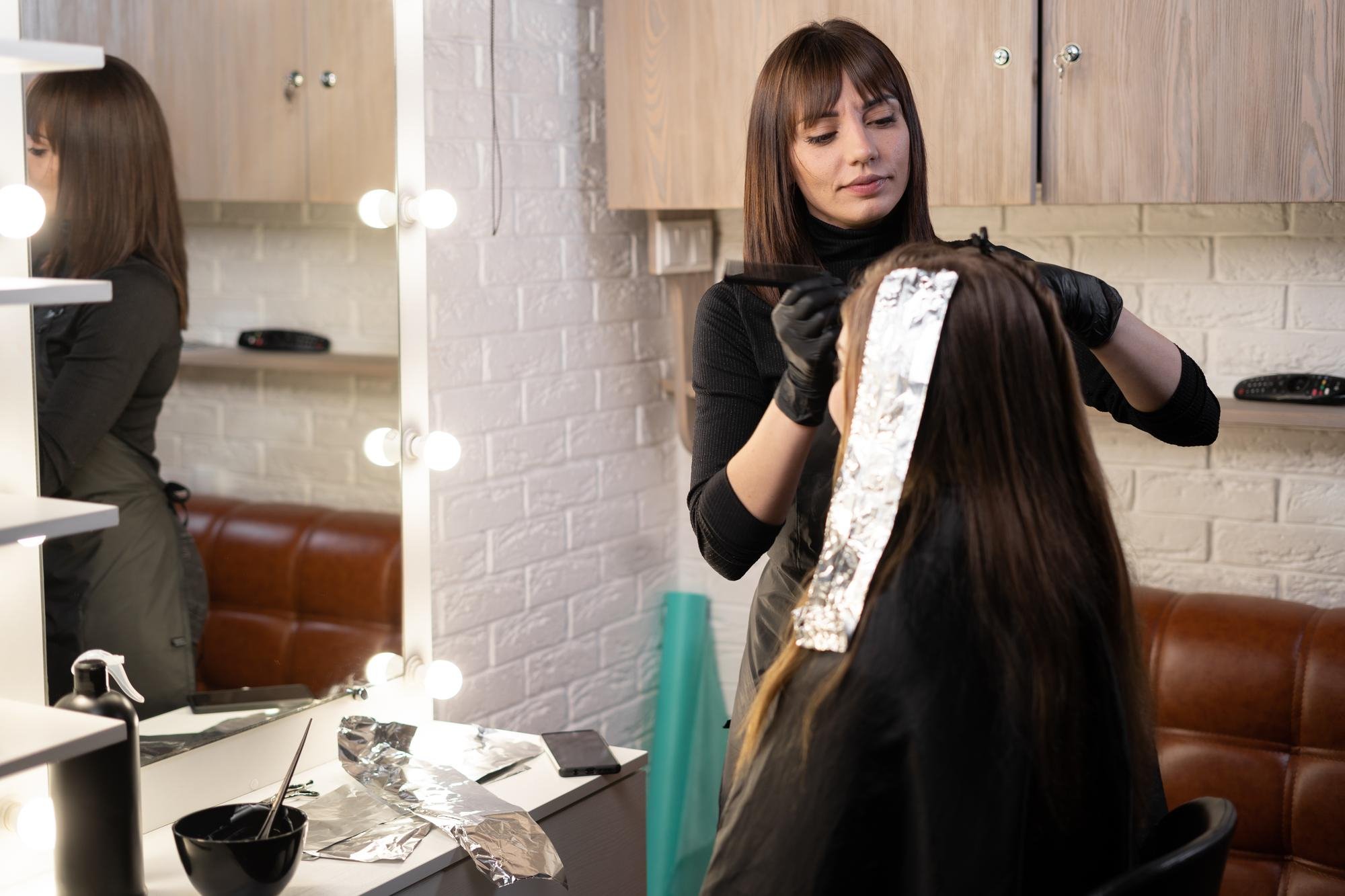Sharing your life with a rabbit means caring for its adorable quirks and, most importantly, its health. Did you know rabbits are herbivores that thrive on a variety of greens in their diet? While staples like hay and pellets are non-negotiable, introducing fresh herbs like cilantro can diversify their diet. But is cilantro safe for rabbits? Can it become a regular feature in their meals?
This guide dives into everything bunny parents need to know about cilantro, from its benefits to feeding guidelines, and even tips for preparing it. By the end, you’ll be fully equipped to make informed decisions about your furry friend’s diet.
Table of Contents
ToggleCan Rabbits Eat Cilantro?
Yes! Cilantro is completely safe for rabbits. This aromatic herb, often found in your kitchen, is both tasty and nutritious for your bunny. Rabbits tend to love its distinct smell and flavor, making it an excellent addition to their meals.
Cilantro is packed with beneficial nutrients and digestive properties. However, like any green, moderation is key—too much of one food can lead to nutritional imbalances or upset stomachs. Balance is crucial in building a healthy and happy diet for your bunny.
The Nutritional Benefits of Cilantro for Rabbits
Cilantro isn’t just delicious—it’s a nutritional powerhouse for rabbits when eaten in moderation. Some of its key benefits include:
- Rich in Vitamins:
- Vitamin A: Supports your rabbit’s eyesight and immune system.
- Vitamin K: Aids in maintaining proper blood clotting and bone health.
- Essential Minerals:
- Calcium and Potassium: Helps rabbits maintain healthy bones and normal muscle function when consumed at safe levels.
- Improves Digestion:
Cilantro contains small amounts of dietary fiber, which aids in healthy digestion and ensures a balanced gut.
- Hydration Boost:
With its high water content, cilantro can help keep your rabbit hydrated, especially on warmer days.
Including cilantro as part of a balanced diet provides your bunny with variety and nutritional value.
How Much Cilantro Should You Feed Your Rabbit?
When incorporating cilantro into your rabbit’s diet, portion size and frequency matter. Here’s what you need to know to ensure you’re feeding the right amount.
- Serving Size: 1–2 small sprigs (stalks and leaves) per feeding is sufficient for an adult bunny. Young rabbits may require even smaller amounts.
- Feeding Frequency: Limit cilantro to 2–3 times a week to keep your pet’s diet varied and well-rounded.
Tips for Introducing Cilantro to a Rabbit’s Diet
- Start Small: If your bunny hasn’t eaten cilantro before, begin with just a tiny amount and watch for any signs of digestive distress (e.g., diarrhea).
- Mix It Up: Blend cilantro with other bunny-safe greens to provide a mix of textures and flavors.
Remember, cilantro is a supplement to your rabbit’s primary diet of hay, which should make up 85% of their nutrition.
Safe Herbs for Rabbits
It’s always good to include a variety of safe and complementary herbs in your rabbit’s diet. Here’s a list of rabbit-friendly options that pair well with cilantro:
- Parsley
- Basil
- Dill
- Oregano
- Mint (in small amounts)
- Coriander leaves
Pro Tips:
- Always wash herbs thoroughly before serving to remove any pesticides or residues.
- Rotate different herbs to keep your rabbit engaged and to prevent over-reliance on one type.
Which Herbs Should Rabbits Avoid?
Not all herbs are created equal in the world of rabbits. Some can be toxic and should never be offered under any circumstances. Here’s a quick list of dangerous herbs to steer clear of:
- Chives
- Leeks
- Onions
- Garlic
- Mint varieties high in menthol (e.g., spearmint)
- Decorative plants like holly, jasmine, or lavender
Signs of Toxicity in Rabbits:
If your bunny accidentally ingests a harmful herb, watch for symptoms such as lethargy, diarrhea, loss of appetite, or unusual behaviors. Contact your vet immediately if you suspect poisoning.
Always Double-Check:
If you’re unsure about a specific herb, consult a veterinarian or a trusted rabbit care resource before feeding it to your rabbit.
Can Rabbits Eat Cilantro Every Day?
While cilantro is safe for rabbits, it shouldn’t be part of their daily meals. Feeding it every day could lead to overconsumption of certain nutrients and reduce the variety in your rabbit’s diet, which is essential for balanced health.
Instead, aim to provide a mix of leafy greens, rotating cilantro with other safe herbs and vegetables throughout the week. Alongside hay, this approach ensures your bunny gets all the nutrients they need while keeping mealtimes exciting.
How to Select and Store Cilantro for Your Rabbit
Keeping cilantro fresh and nutrient-packed is key when feeding it to your rabbit. Follow these tips to make sure you’re giving your furry friend the best quality.
- Choosing Cilantro: Look for bright green leaves that aren’t wilted or yellowing. Fresh cilantro will have a crisp texture and fragrant aroma.
- Washing Cilantro: Rinse thoroughly under cold water to remove dirt and pesticides.
- Storing Cilantro: Wrap it in a damp paper towel and store it in your refrigerator’s crisper drawer. Cilantro stays fresh for up to a week when stored this way.
- Homegrown Cilantro: Consider growing cilantro at home for a consistent, pesticide-free supply—your bunny (and wallet) will thank you!
Fresh Greens, Happy Buns
Feeding your rabbit cilantro is a tasty and healthy way to introduce variety into their meals. This nutrient-rich herb offers several benefits but, like all things, should be given in moderation. The key to a happy and healthy rabbit is a balanced diet that combines plenty of hay, fresh water, and a mix of safe veggies and herbs.
Ready to create the perfect bunny salad? Mix it up, experiment with flavors, and share the joy with your furry friend. Remember, caring for your rabbit’s diet is one of the best ways to contribute to their long-term health and happiness.
Do you have any unique recipes for bunny salads? Share them in the comments below or tag us on social media to show off your happy hoppers enjoying their meals!
FAQs
Is cilantro okay for rabbits?
Yes! Cilantro is entirely safe and even beneficial for rabbits when fed in moderation.
What herbs can bunnies not eat?
Avoid herbs like chives, leeks, garlic, and mint with high menthol content, as they can upset a rabbit’s digestive system.
Can bunnies eat Thai basil?
Yes, Thai basil is safe for rabbits in small quantities. However, like cilantro, it should be offered occasionally and not daily.
What leafy greens can rabbits not eat?
Iceberg lettuce should be avoided due to its low nutritional value and risk of diarrhea. Kale and spinach should also be limited because of their high oxalate content, which can contribute to kidney stones.









